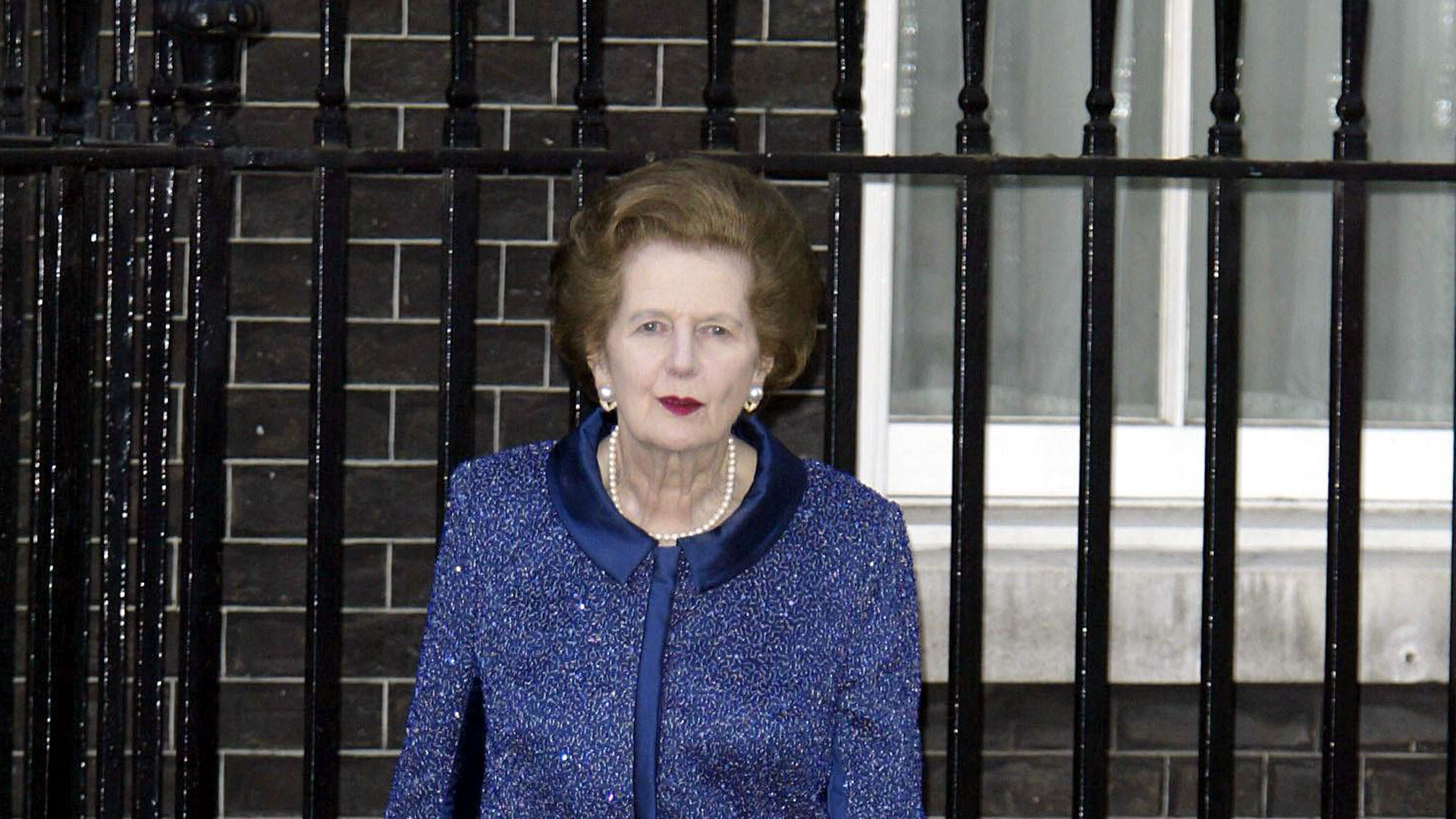As this week’s whirl of opinion and reaction has clearly shown, Margaret Thatcher is as divisive in death as she was in life.
When in power, she left no middle ground to stand on: you either bought in to her Rule Britannia rhetoric, or rejected the steel toe-capped policies of her government.
The deep fault lines that Thatcherism created have cracked during the past few days, reanimating that division, and rousing social and political passions that have idled or festered for over two decades.
It is a strange aftershock to witness – the loyalty and the fury can be no less real, but is sepia-tinted, recalling an era that seems quite distant. While many will have never forgotten the lasting impact Thatcher had upon their lives – from miners’ families to the Falklands’ bereaved, from bankers to council-home owners – it has been a long time since their feelings have been so publicly aired.
My experience of Mrs T began in the late ’70s, when I was eight years old. As our local MP, Thatcher had the honour of opening the school fête. She stood on a little outdoor stage and said a few words, and then wandered round some of the stalls. Of course I didn’t really know who this woman was, but I do remember thinking she seemed a bit scary.
Her smile said one thing, her actions something else
She held the ‘highest office in the land’ throughout my teenage years, and the chill she provoked did not diminish. Far from it. As I learnt more about the world, I developed a strong disliking for the British prime minister.






